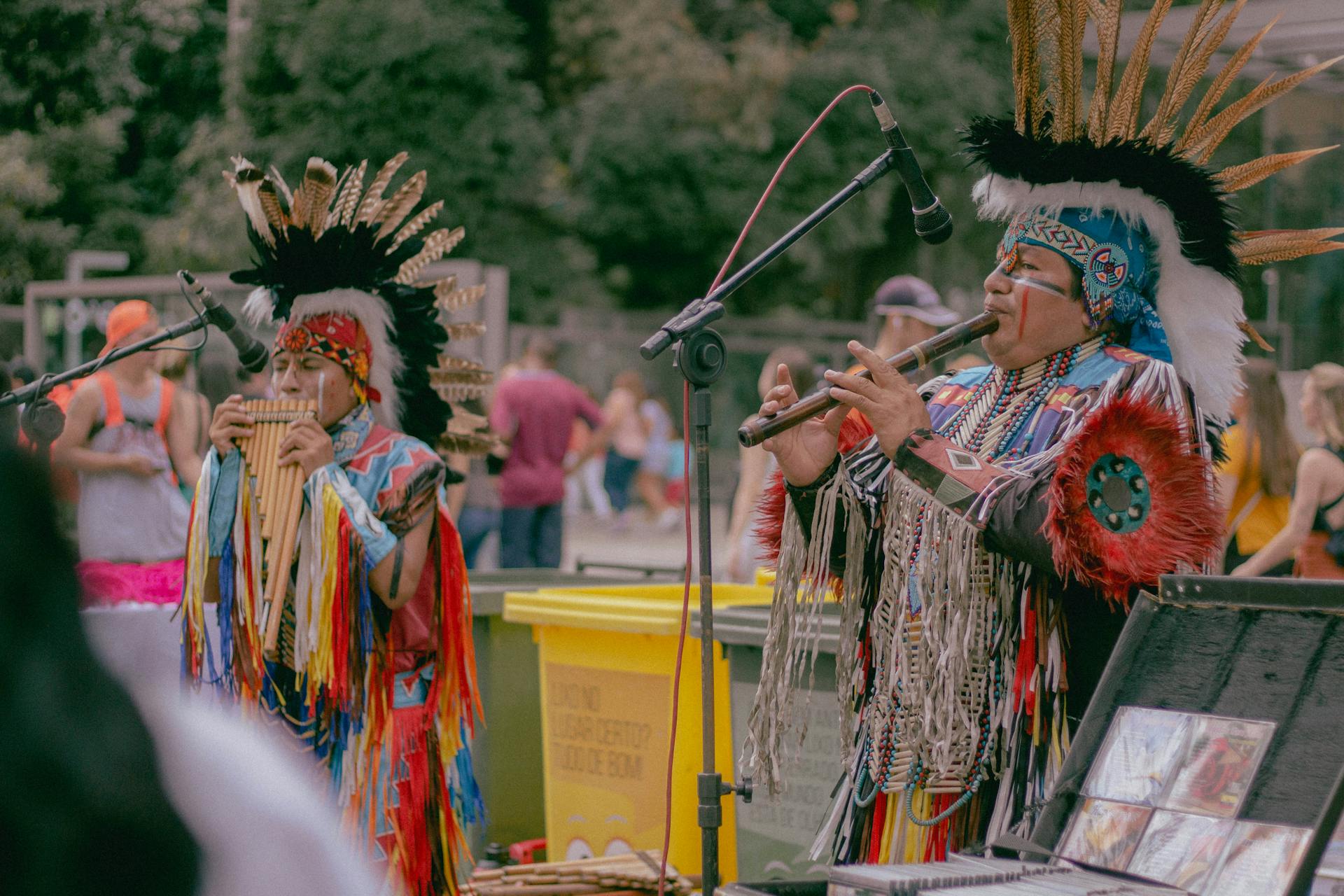Canada’s sustainable tourism industry has seen exponential growth in popularity over the last decade and Indigenous business owners are leading the charge. Indigenous tourism is characterized by businesses that are majority-owned, operated and/or controlled by First Nations, Métis or Inuit people. Indigenous tourism differs from traditional tourism because it encourages tourists to be more intentional when they’re travelling.
Indigenous tourism asks visitors to practice awareness and understanding, to demonstrate a connection and responsibility to the local Indigenous communities and the territories where their operations are based. Both Indigenous tourism and slow tourism are part of the growing slow tourism movement, which prioritizes reducing mobility, taking time to explore local history and culture while protecting the environment.
According to the Indigenous Tourism Association of Canada (ITAC), the Indigenous tourism sector in particular was booming. At its peak in 2019, Indigenous-led sustainable tourism contributed $1.9B to Canada’s GDP. If demand continues to rise at a similar pace, those revenues could triple by 2030.
Keith Henry, president and CEO of the ITAC, hopes that the growing interest in sustainable tourism represents a shift in perspective for travellers.
“Hopefully, when they go to a destination, they truly want to respect it, learn about it, learn from it, and leave it in as good a place as they found, if not better,” Henry said.
Some people see sustainable tourism as a way for people to participate in reconciliation because it involves learning about and participating in Indigenous cultures, which is one of the objectives of the Truth and Reconciliation Commission.
Henry says Indigenous-led sustainable tourism experiences are particularly important because they provide people with “fun” and “safe” opportunities to engage in reconciliation, which is often a heavy and emotional subject people might want to avoid. Henry says simply engaging with sustainable tourism, especially Indigenous-run businesses, can be an act of reconciliation.
“When you support Indigenous-owned businesses, that in itself is a form of economic and cultural reconciliation. If we want culture to survive in Canada, we have to find ways to contribute to that,” Henry explained.
The link between sustainability tourism and reconciliation, as well as the benefits that come from them, aren’t just for visitors or the environment, but for the Indigenous people involved, too. Increased interest in sustainable tourism creates opportunities for First Nations to share their expertise – particularly for elders – as well as opportunities for economic growth, both of which can contribute to growing intercultural awareness and cultural revival.
According to the United Nations World Tourism Organization’s Recommendations on Sustainable Development of Indigenous Tourism, Indigenous tourism “spurs cultural interaction and revival, bolsters employment, empowers local communities, especially women and youth, and encourages tourism product diversification, allows people to retain their relationship with the land and nurtures a sense of pride.”
Indigenous communities that embrace being leaders in the sustainable tourism industry, help make the communities themselves sustainable financially, and more self-sufficient. Indigenous-lead sustainable tourism emphasizes autonomy, as opposed to being acted upon, and is philosophically aligned with the Landback movement.
Indigenous communities participating in the sustainable tourism industry also gives them an opportunity to show off the uniqueness of their communities and define themselves on their own terms. Indigenous-led sustainable tourism also shifts the balance of power back into the hands of Indigenous people, giving communities more control over which aspects of their culture, including the land, are shared, what’s preserved, and how.
Henry points out that before contact, all of Canada’s lands were stewarded by Indigenous people for generations, and embracing sustainable tourism principles is a return to that way of life.
Marcus Medford | Contributing Writer



















